International hotelier and UN Advisor on sustainable tourism, Christian De Boer, sheds light on how brands can be moving towards a more sustainable future.
What does luxury in travel truly mean? The word gets thrown around so much it’s almost lost its edge. Traditionally, it’s been about comfort, indulgence, and exclusivity—but times are changing. In today’s world, real luxury goes beyond material things. It’s about creating meaningful connections, supporting local communities, and caring for our planet, leaving a positive impact that resonates long after a stay. It’s not just about the experience—it’s about the legacy.

A Turning Point: From Observation to Action
My journey into sustainable hospitality began with a profound moment of realisation in 2011, when unprecedented floods devastated parts of Cambodia, displacing thousands of families. Witnessing this destruction up close was life changing. It wasn’t just the immediate loss that struck me but also the long-term ripple effects on local communities, sparking a stark realisation on how deeply interconnected we are with the environment and how businesses have the power—and the responsibility—to influence change.
It became clear that hospitality could and should no longer be just about indulgence; it had to be a force for good. This vision shaped how I personally view sustainability today—not as a trend or a checkbox but as the foundation of a truly meaningful luxury experience.
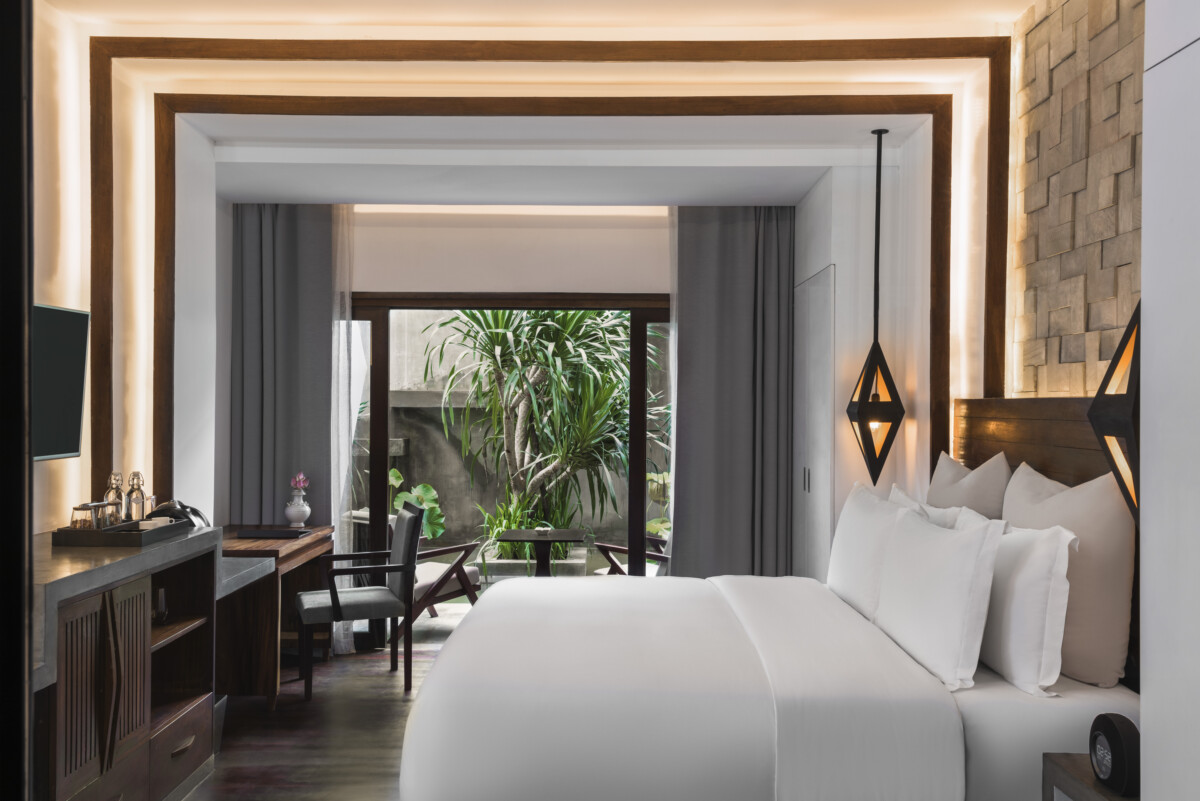
Empowering Communities Through Employment and Education
Sustainability begins with the people. A great way to do this is by hiring and training local staff. Not only does this approach ensure that the economic benefits of employment stay within the community (supporting local livelihoods and reducing dependency on external resources) but also that guests have the opportunity to engage with and learn more about the destination in an authentic way.
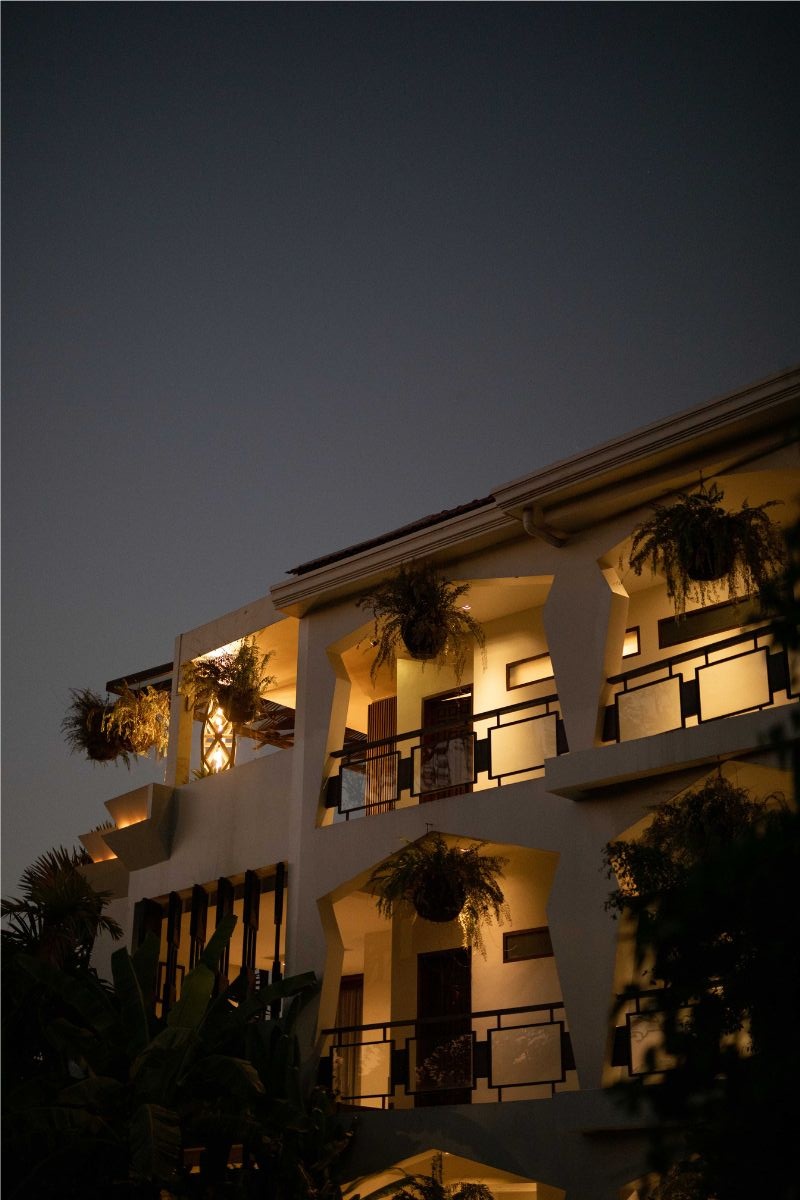
But it’s not just about providing jobs—it’s about creating a ripple effect. Investing in comprehensive hospitality training equips employees with skills they can pass on to their families and communities. By integrating sustainable practices into this training, such as energy efficiency and waste reduction, we can amplify this impact beyond the workplace. When locals feel empowered and equipped with skills for the future, the entire community benefits.
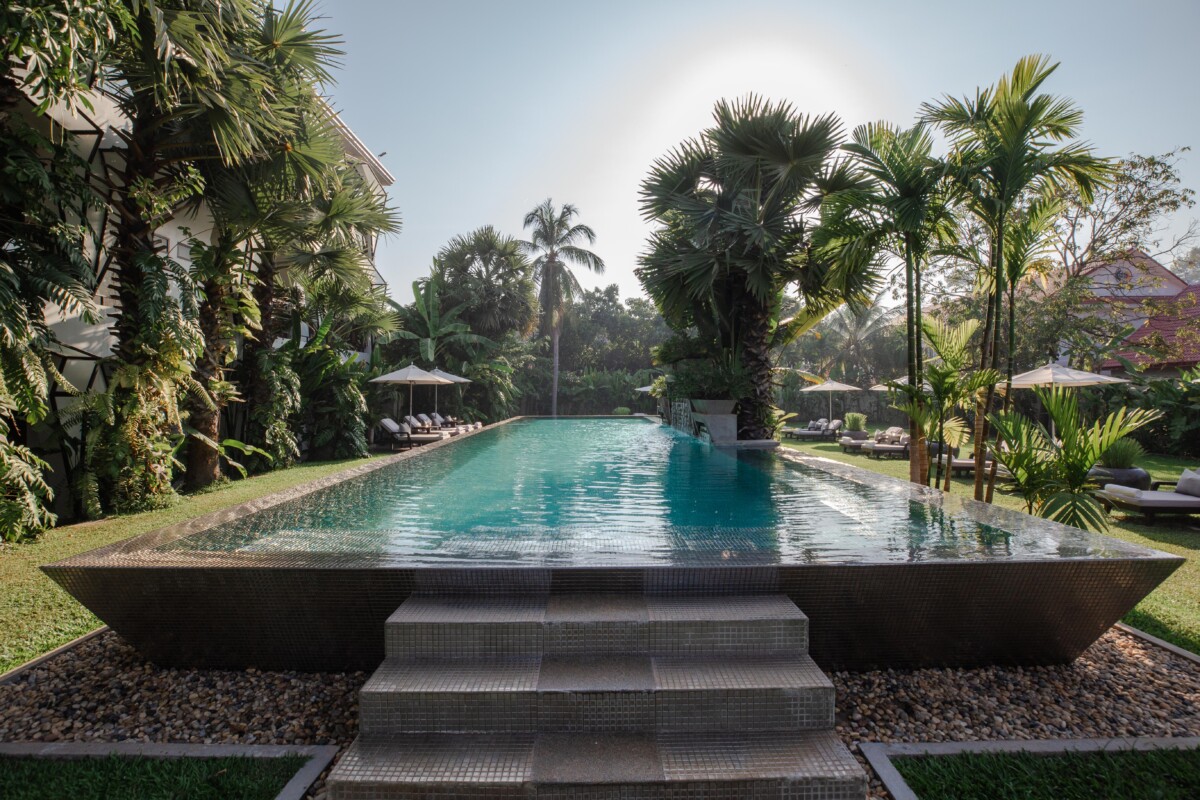
Celebrating Local Culture in Every Detail
So many brands make the mistake of thinking that elite luxury products and services must be imported from abroad. Not only is this not the case, but more often than not it contributes to larger carbon footprint of products and services on offer.

Exploring new destinations is a luxury afforded to a small proportion of the planet’s travellers and so it’s integral that when hosting them we as an industry are showcasing the richness of local traditions and culture that make the destination unique.

Simple steps that can be taken to do this include sourcing materials from local artisans, hiring local designers and architects familiar with the cultural heritage of the region, ensuring that authenticity is always at the forefront.
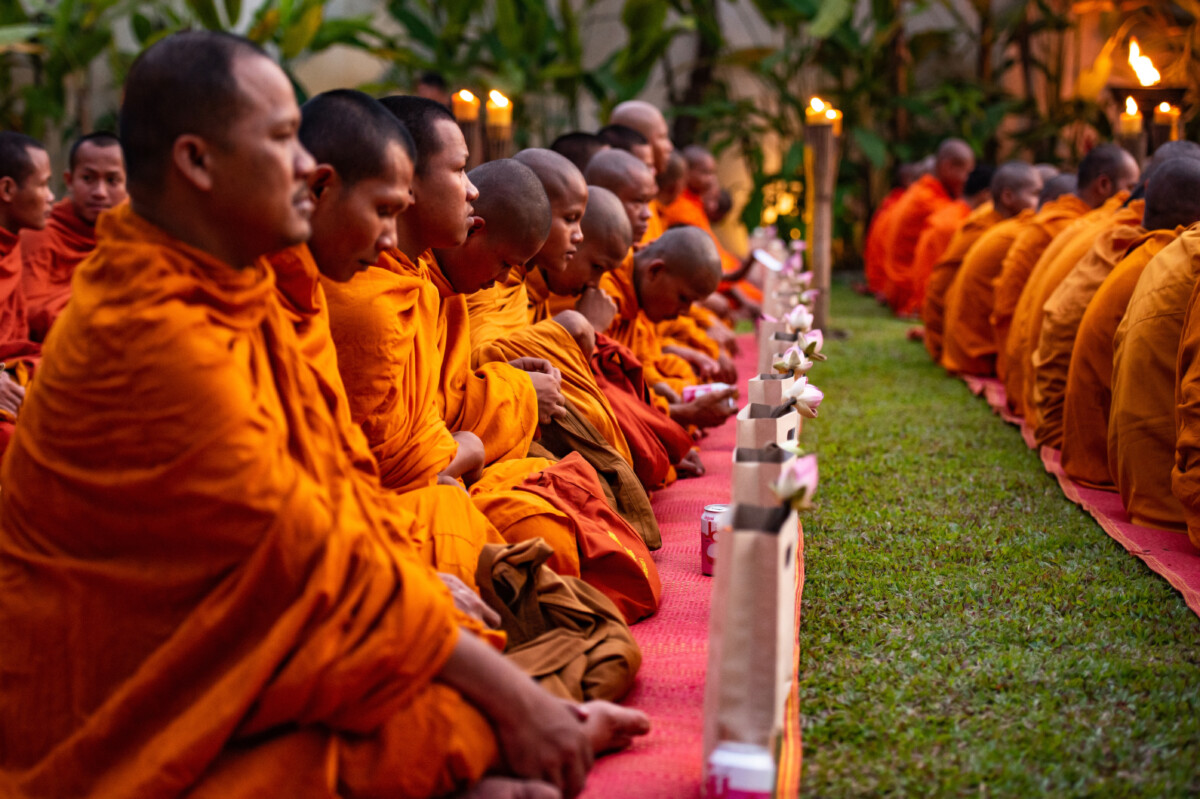
Eliminating Single-Use Plastics: A Simple but Critical Step
One of the biggest challenges facing the travel industry today is the reliance on single-use plastics. While tackling this issue may seem daunting, starting with small, actionable changes goes a long way to cutting it out of hospitality practices. For instance, replacing plastic water bottles with reusable options, like aluminium or glass, or signing up for campaigns such as Refill Not Landfill, encourages guests to reconsider purchasing plastic water bottles when travelling to and around destinations.
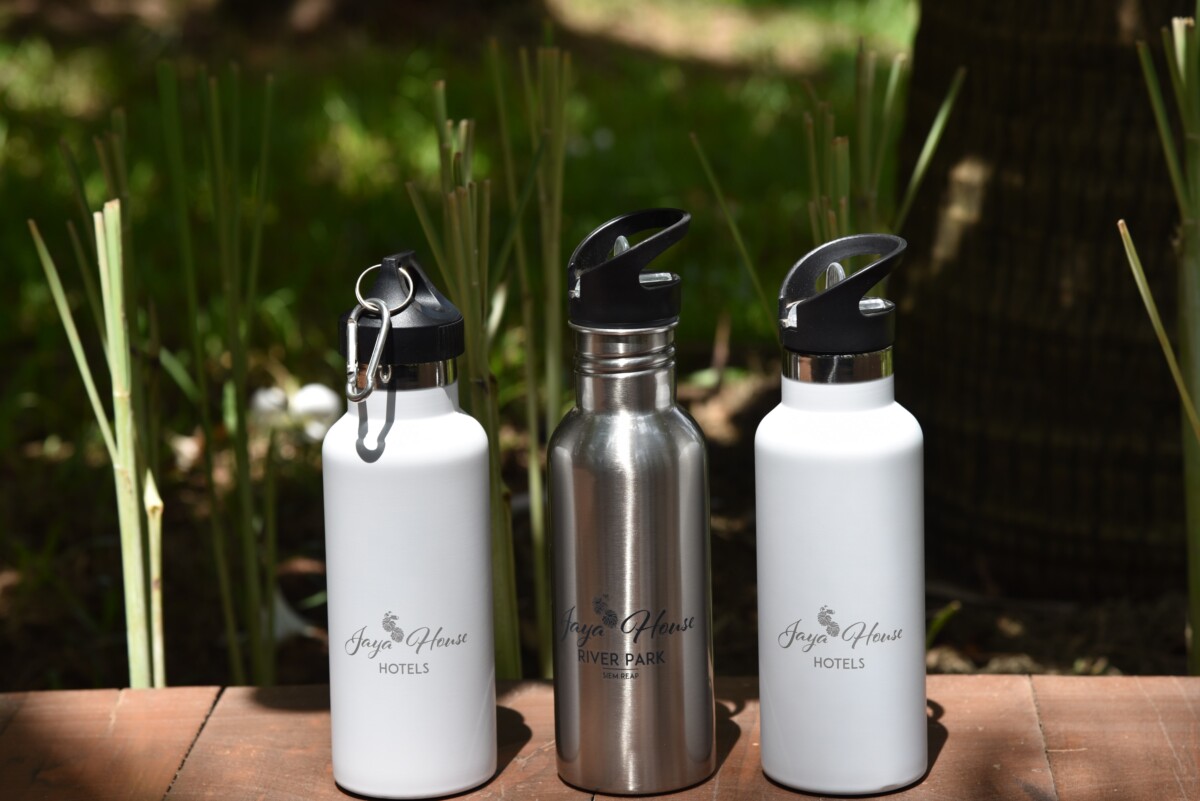 In-room guest amenities are also not exempt from critique, so by opting for refillable toiletry dispensers, utilising sustainable materials like bamboo for accessories, and choosing locally sourced, plant-based products will act to both support communities and minimise environmental impact.
In-room guest amenities are also not exempt from critique, so by opting for refillable toiletry dispensers, utilising sustainable materials like bamboo for accessories, and choosing locally sourced, plant-based products will act to both support communities and minimise environmental impact.

Making it Easy for Guests to Give Back
Many travellers want to make a positive impact but aren’t sure where to start, so curating programs that allow guests to engage with the community in meaningful ways is a great way to build bridges between travellers and local initiatives. From tree-planting initiatives to supporting local schools with book drives, providing opportunities for guests to leave their mark—whether through environmental efforts or educational support – will create experiences that enrich any guest experience by creating moments of connection that stay with travellers long after their trip ends. It’s luxury with purpose, giving guests a chance to contribute to the places they visit.
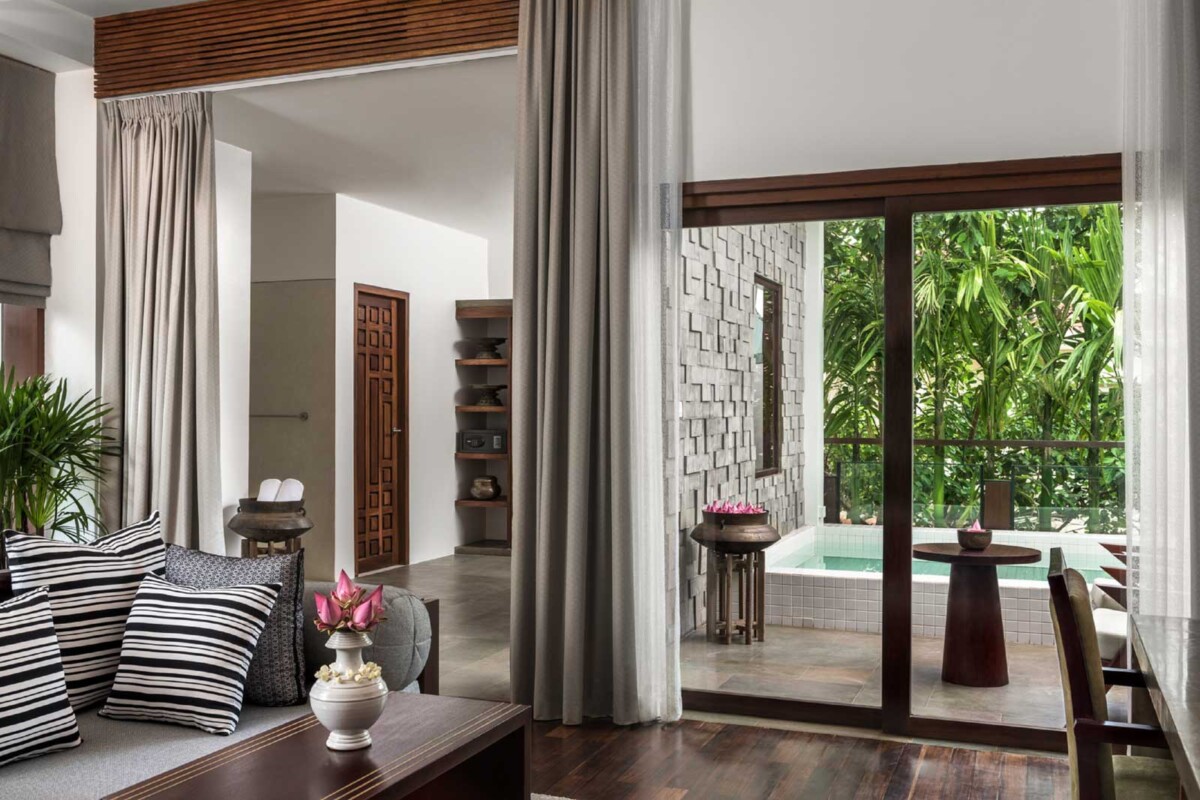
A Dining Experience Rooted in Sustainability
Food is a central part of travel, and its impact on sustainability is often overlooked. By sourcing ingredients locally and fairly compensating farmers, brands can reduce the carbon footprint of their food and beverage offerings. Menus that feature plant-based options and highlight local flavours also give guests a chance to enjoy authentic cuisine that’s both ethical and delicious.
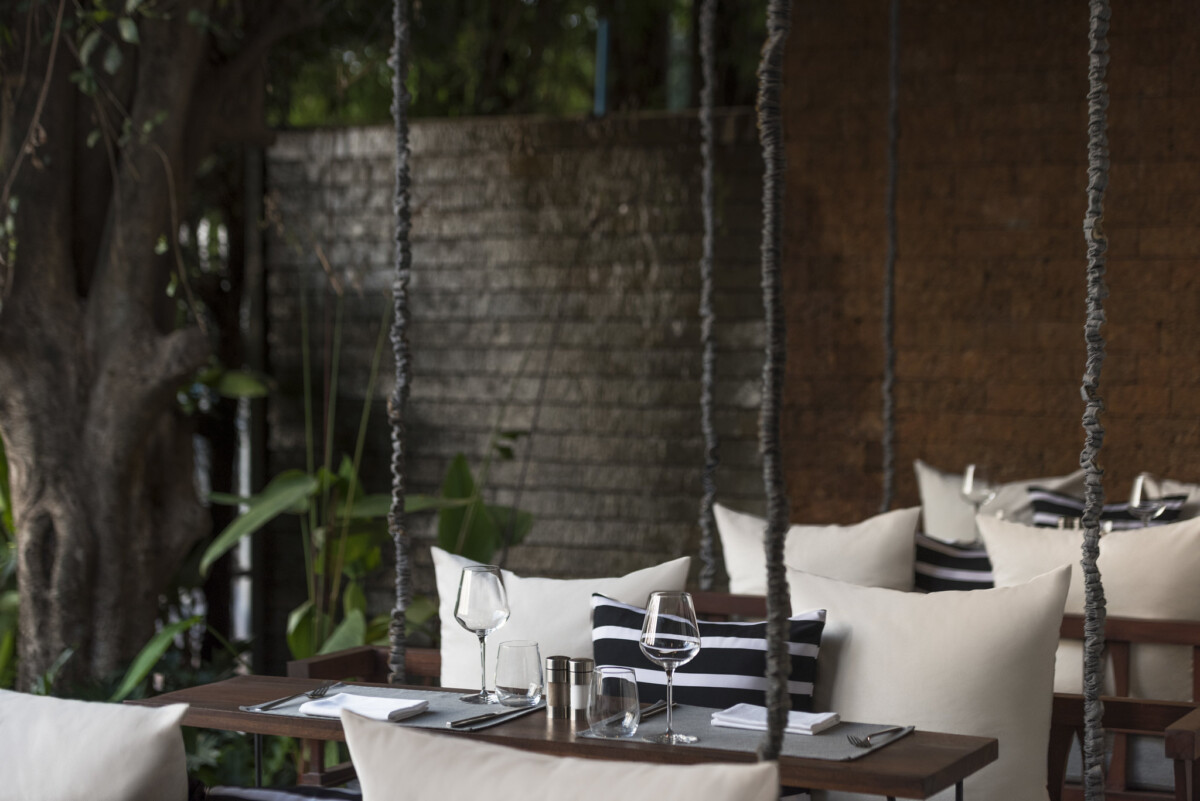
Vegetarian and vegan dining is becoming increasingly popular—not just for its health benefits but for its reduced environmental impact. By prioritizing menus that feature a variety of plant-based options, guests have a chance to enjoy authentic cuisine that’s both ethical and delicious.
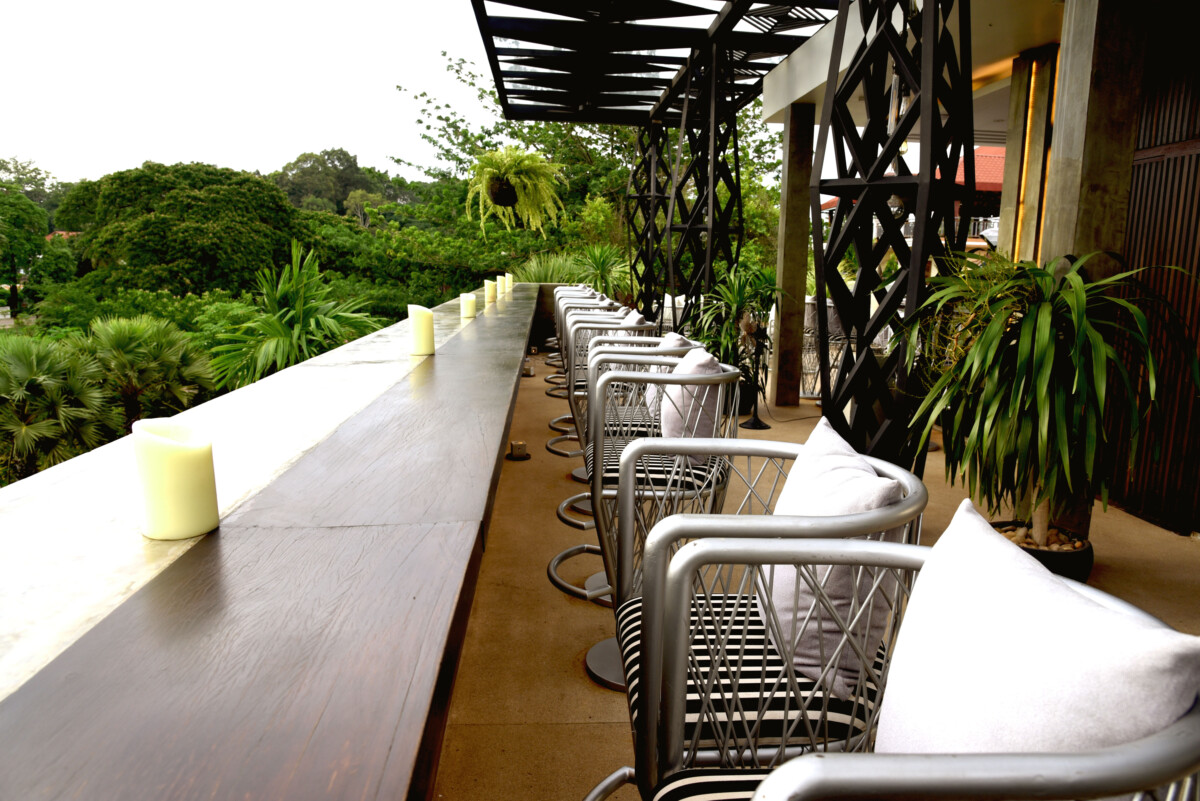
The Future of Luxury Travel
As the travel industry evolves, the meaning of luxury is shifting. For us, it’s about small, consistent changes that create lasting impact. True luxury is rooted in authenticity, integrity, and care—for the planet, for local communities, and for the travellers who seek meaningful experiences.
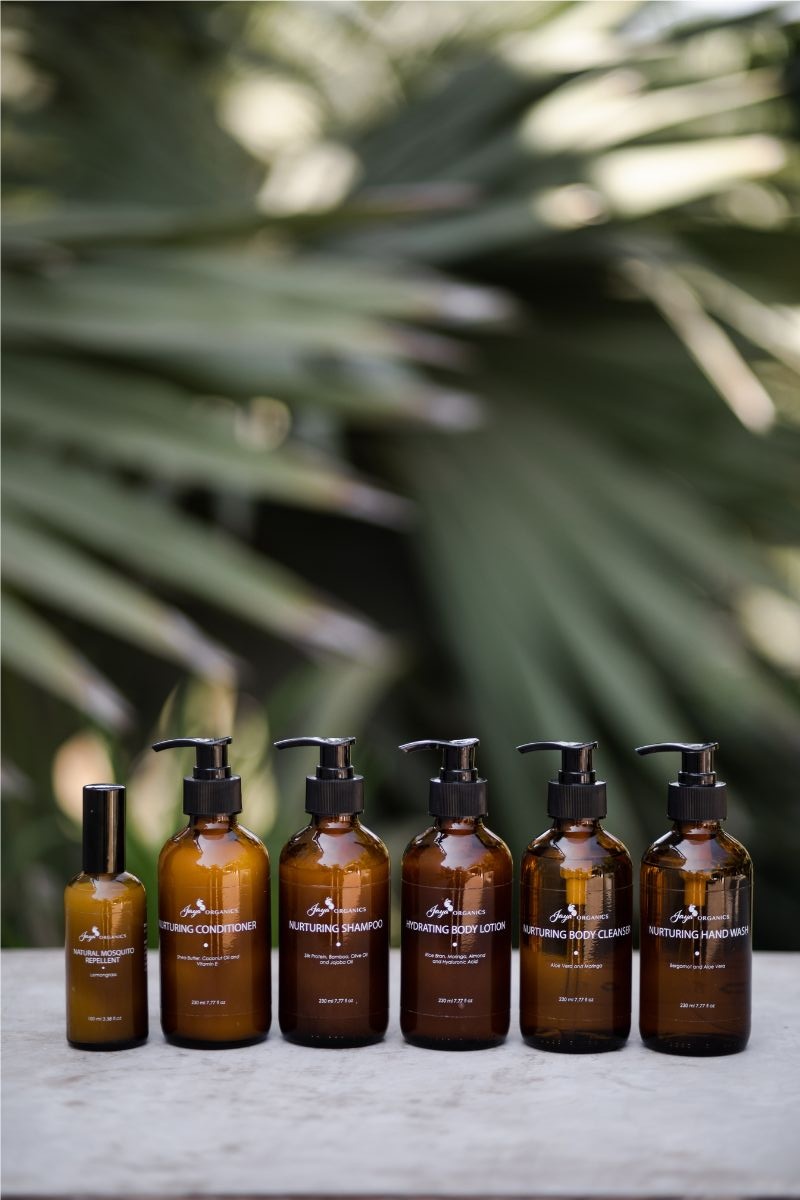
At Jaya House River Park, this philosophy drives everything we do. We believe the future of luxury lies in creating connections, empowering people, and leaving the world better than we found it.
About the expert
Christian de Boer is a recognised authority in sustainable hospitality and a leader in reshaping industry standards. As the Founder and General Manager of Jaya House River Park, Cambodia’s first single-use-plastic-free hotel, he has established a pioneering model for sustainable operations in the luxury hospitality sector. As an advisor to the United Nations on sustainable travel, Christian has addressed the United Nations General Assembly in New York and contributed to key initiatives like the Plastic Smart Cities seminar with WWF UN. His work combines practical solutions with strategic insights, positioning him as a trusted voice for driving sustainability in the global hospitality industry.

Jaya House River Park is built on seven pillars of sustainability, setting a new standard for ethical luxury hospitality. From its pioneering “Refill Not Landfill” campaign eliminating single-use plastics to supporting local education, employment, and sustainable dining, the hotel seamlessly blends environmental responsibility with meaningful community impact. It also showcases Cambodian craftsmanship through Jaya Organics, supports landmine clearance efforts, and helps vulnerable children through partnerships with local NGOs. These initiatives demonstrate how hospitality can leave a lasting positive legacy for both people and the planet.


